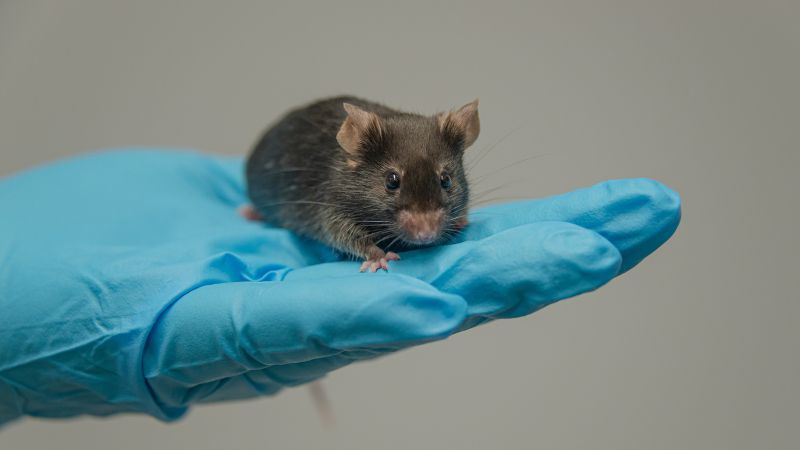Where animals are involved, Oxford Brookes University requires the very highest level of ethical conduct and practice. The reduction of any harm and discomfort caused to animals must always be a priority consideration. The University Research Ethics Committee (UREC) has responsibility for reviewing applications for studies involving animals. In addition, any research carried out should follow the guidelines as set out by the relevant professional bodies, which runs parallel to the University's Review Process.
All research involving animals or animal tissue should adhere to the principles of Replacement, Reduction and Refinement (the Three Rs):
- Replacement is the principle that, wherever possible, a scientifically satisfactory method of testing strategy not entailing the use of animals must be used instead of a regulated procedure.
- Reduction is the principle that, wherever a programme of work involving the use of animals is carried out, the number of animals used must be reduced to a minimum without compromising the objectives of the programme. On occasions it may be necessary to use a greater number of animals than the absolute minimum scientifically justifiable if each individual animal will suffer less as a consequence of the greater number being used. The principle of reduction should apply to methods of breeding animals as well as their use in procedures.
- Refinement is the principle that, wherever a programme of work involving the use of animals is carried out (after rigorously applying the principles of replacement), the regulated procedures applied to those animals must be refined so as to eliminate or reduce to the minimum any possible pain, suffering, distress or lasting harm. As indicated above, refinement and reduction must be considered in balance. Refinement applies to the methods of breeding, accommodation and care of animals as well as the methods used in procedures.

